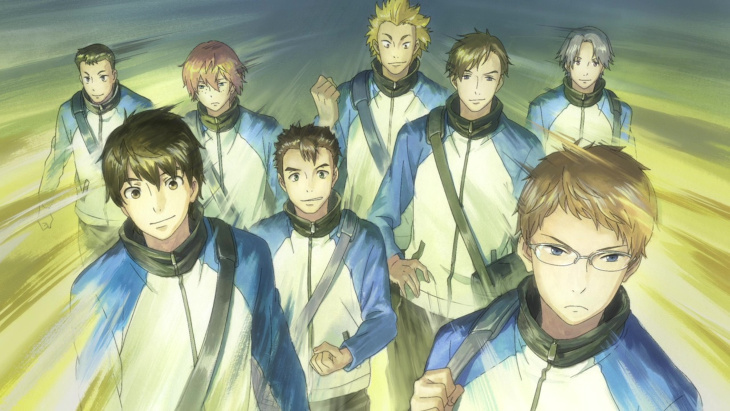
“I told you before. I’m going to take everything you want to do and be your ace.”
It took a while for me to put my finger on what aspect of 2.43: Seiin High School Boys Volleyball Team was holding it back, but by the time we reached the second half of the season, I’d figured it out. 2.43: Seiin High School Boys Volleyball Team gets my seasonal award for having, “The Greatest Dissonance between the Passion of its Characters & the Passion of its Staff”. That’s a bit wordy and requires a bit of clarification. At face value, it sounds as if I’m saying the staff wasn’t invested in this production, but there is nothing to indicate that is the case. The problem is that while 2.43’s cast are focused on volleyball, the actual narrative seems interested in interpersonal drama to the extent that the sport takes something of a backseat in this show. As the show continues, this becomes distracting, as major matches that receive a decent buildup feel truncated, as if viewers are just getting access to a highlight reel. There is nothing wrong with emphasizing the dramatic elements of the story in a sports narrative. Chihayafuru, Stars Align, and Ping Pong the Animation are all arguably about the characters and their drama first and the sport second, but those two factors usually work well in conjunction rather than having the former choke out the latter. 2.43’s biggest shortcoming is that it’s a volleyball anime that doesn’t seem to have much of an interest in the game itself.
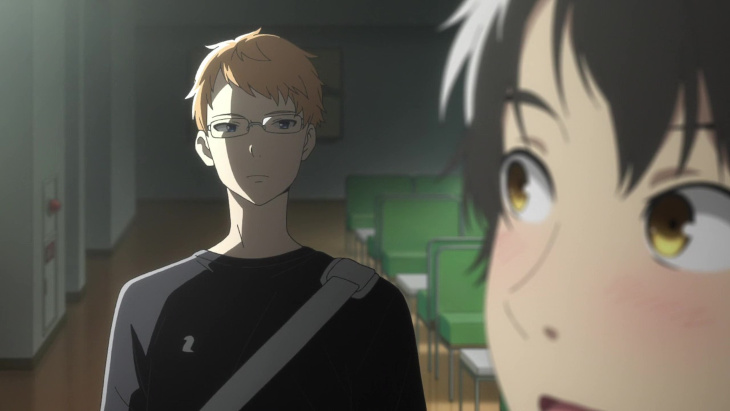
The series centers around two childhood friends who reconnect in middle school and build up their connection through their engagement in volleyball. As a basis for a sports anime, it’s simple and effective. We have the central drama of the bromance, we have the drama of the sport itself, and we have the interpersonal relationships within the team. I mentioned this in my First Impressions review back at the beginning of the season, but the dynamic between our two leads will feel rather familiar to fans of Haikyu!, as we have the ill-tempered prodigy, Haijima, and the occasionally dim but energetic, Kuroba. Still, as I also pointed out in my First Impressions review, this comparison doesn’t really feel appropriate as 2.43 is aiming for a more grounded and realistic approach. The characters have a decent dynamic, but much like the volleyball playing itself, their relationship can feel a little uneven, underexplored, and frankly, disjointed. This is a slightly similar complaint to one I levied against Otherside Picnic this very season, so I must admit that, for a while, I was wondering if I just couldn’t keep track of the progression of as many series as I was watching. However, upon reflection, I do believe the inconsistent narrative and character progression probably falls at the heels of the production. One can’t be certain without a close understanding of the production process, but if I were to take a stab at the two factors which I think hold the show back, they would be the limits of the source material and the length of the season.
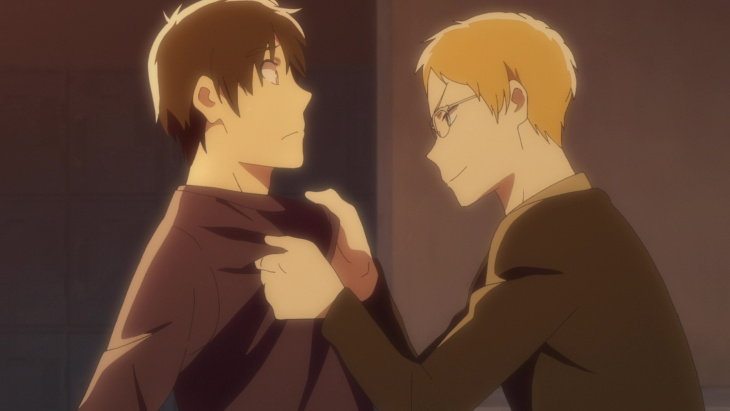
Before I continue, I do want to make it clear that I liked the show and its characters. That being said, surprisingly little of the show is actually spent in volleyball games. There are probably two factors that contribute to this. The first is that, as an adaptation of a light novel, the anime isn’t working with the visual storyboarding that comes baked into the DNA of manga adaptations. This occasionally hinders the adaptation of light novels, but for a sports series it can become a far more pronounced issue. A light novel might forgo the recounting of numerous plays and exchanges on a volleyball court, as without the visuals, they’ll be less riveting than the emotions and inner turmoil of the players. This is all speculation, given that I have no experience with the source material, but it would certainly explain the SparkNotes quality of the games we see. During the last quarter of the season, there was a significant match that had a decent amount of buildup to it, and yet, the first set of the match didn’t even last 3 minutes. With limited time allotted to the sport itself, it can be difficult for viewers to share in the characters’ emotional investment. Without that anchor to hold everything together, the pathos of the rest of the production starts feeling shaky. The other factor I alluded to before was the length of the season. With only a single cour, the show tries to cover a lot of content. It’s a testament to David Production’s work here that a 12 episode season which establishes as much drama and as many characters as it does only feels moderately clunky.
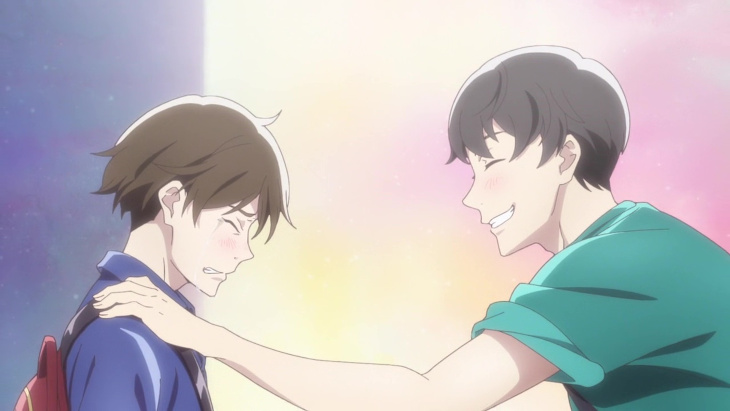
Speaking of which, David Production’s work here is crisp. Given the weird “Greatest Moments” nature of the games we see, they obviously don’t have as many action moments as some other sports series, but the ones we do get are beautifully fluid. All the characters are also notably distinctive. I couldn’t be asked to remember half of their names, but at the bare minimum, I could recognize who they were as characters, and given the limited time, that’s a credit to the character designs, presentation and acting. In my review of the first episode, I’d mentioned that the OP was nice, but didn’t exactly lodge itself in my memory. Having occasionally listened to it over the course of 12 episodes (But let’s face it, I mostly skipped the opening), I can say that I stick by my assessment of it being well constructed, but not all that memorable. Oddly enough, I can bring to mind the ED much more easily, due to the immediately identifiable and simple visual of train tracks that starts off the video and the distinctive musical track. I feel there’s a pun there… musical track… train track… Or I’ve just gone off the rails.
Before I wrap up, a few Notes and Nitpicks:
- I referred to Stars Align during my introduction to this review, and I do find myself returning to that comparison quite a bit, though less because of how the shows are similar and more because of how they differ. Stars Align had a ton of really heavy hitting drama, maybe more than it could reasonably sustain, but it knew how to tie that in with soft tennis. The sport served as a coping mechanism and means of unifying the characters and remained central to the proceedings. In 2.43, the series doesn’t get the viewer to relate to the passion for the sport, so volleyball feels like more of an afterthought and a quick means of heightening drama.
- If I had more patience, I’d crack out the spreadsheets and track the amount of time that was spent on the friendship between a rival team’s captain and their manager, and compare that to the amount of time spent on the final big game of the season, because I suspect that the former might win that contest.
- If there is a hashtag that goes with this show, then I have no idea what it is. You can’t tie a hashtag to a number (at least not when it’s at the start of the hashtag), so it’d have to go with some other portion of the title, but I’ve never come across it on social media.


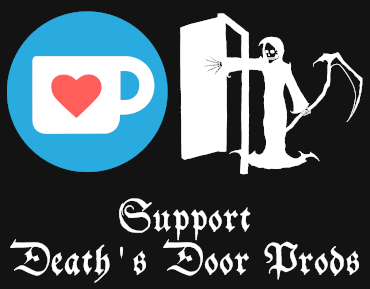

Add comment